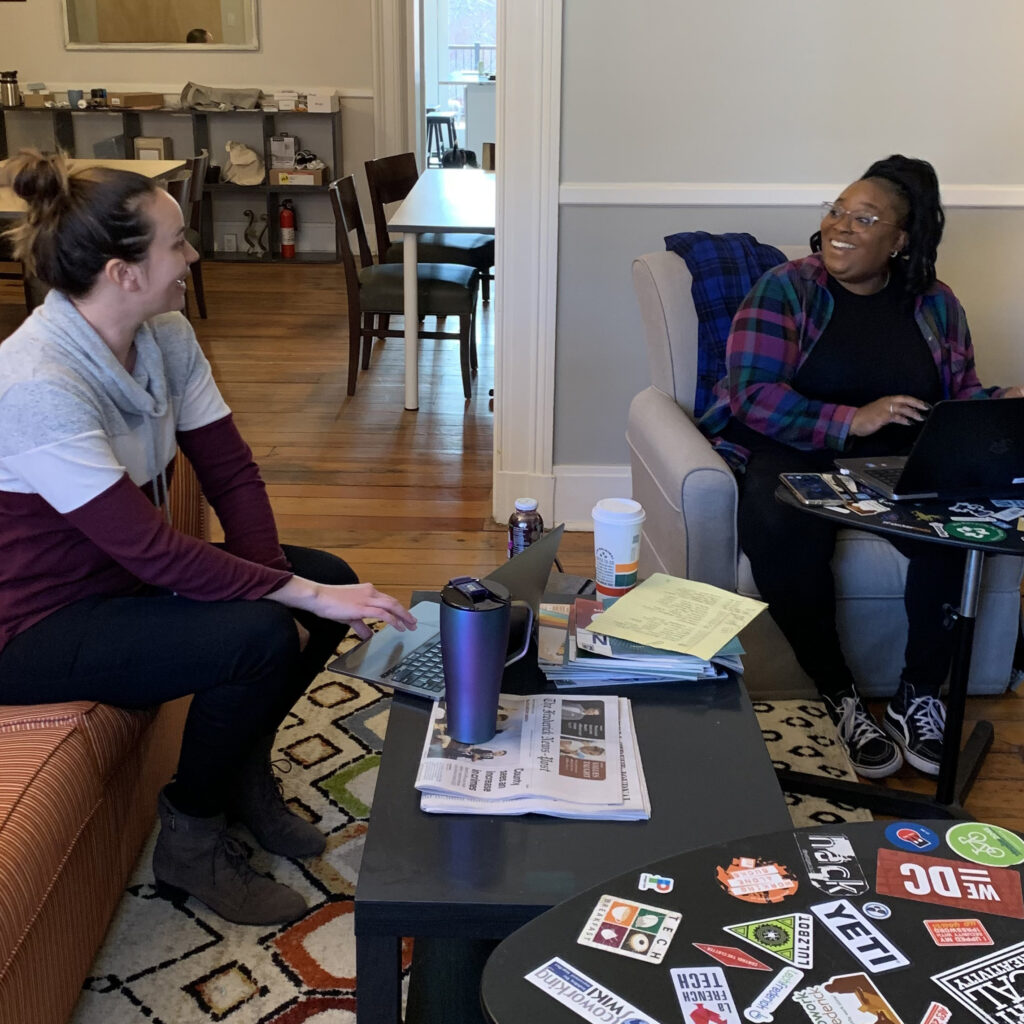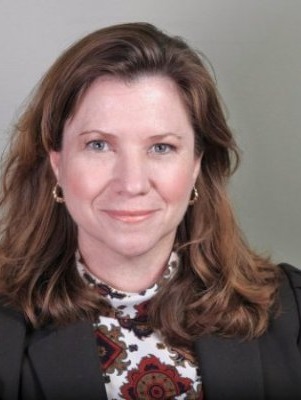In my last post, I talked about the epidemic of loneliness declared by the U.S. Surgeon General. One of the reasons for that epidemic is the reduced use, or loss of, what sociologists call “third places” – churches, corner cafes, neighborhood bars, barber shops, community centers, public libraries, bookstores, or maybe even a neighbor’s front stoop. It’s someplace other than your home (your “first place”) or work (your “second place”), where you feel comfortable being yourself. More than that, you feel you belong.





Long before the Surgeon General declared a loneliness epidemic. Robert Putnam raised the alarm about how social structures were disintegrating. In “Bowling Alone: The Collapse and Revival of American Community” (2001), Putnam shows how we have become increasingly disconnected from one another and how our broken bonds have caused harm, to us as individuals and also to society as a whole.
Indeed, Ray Oldenburg, in The Great Good Place (1989), makes a case for how third places are important in maintaining a civil society, civic engagement and for establishing a sense of place – all things essential to democracy itself. Third places are “anchors” of community life. They are places you relax in public, where you find familiar faces and make new acquaintances. The encounters foster trust and broader, more creative interaction.

The value of the third place is the feeling of connection, the sense of belonging. They are inherently social. Third places offer stress relief from the everyday demands of home and work where people often need to perform a defined role and may feel they are being judged on whether they are meeting expectations.
One of eight characteristics of third places as defined by Oldenburg is “a home away from home”. Occupants of third places often have the same feelings of warmth, ownership, and belonging as they would in their own homes. They feel a piece of themselves is rooted in the space. By spending time there, they feel regenerated.
Your Home Office Away from Home
Truth – We began calling Cowork Frederick your “home office away from home” long before I did the research for this blog and uncovered Oldenburg’s characteristics
Cowork Frederick expanded into a former home next door to our original building. As a designer, I’ve never been fond of the gut and rebuild method of remodeling. I like to let the building speak to the design of its future self. (flashback to me sitting in a front yard, quietly looking at an old rundown house in Texas, waiting for it to tell me what it should be). Anyway, it was a given that we’d let the historic home vibes shape our use of our new coworking building.

Also truth – Years ago, members of Cowork Frederick helped us make a list of what we wanted from our expansion. Having spaces designed for social interaction was top on the list. They understood the “why” behind coming to a coworking space. As we’ve always said, people don’t come here for the fast internet, the locally roasted coffee, or the desk. They join Cowork Frederick for the people.

When we were concerned about making sure people could comfortably do their work in our new building, they reminded us it was important to also be able to comfortably not work. We decided to make the entire first floor that space. To identify it as such, we labeled it our “clubhouse” floor.
We realized we are a third place.
In fact, more and more, coworking spaces are being viewed as third places – the welcoming, happy place, where you can be your authentic self, where you can learn and grow, where you can get work done or just hang out. It’s a place with people, real people, who are there because they also want to connect and be part of a community where they belong. Coworking offers opportunities to make rich personal connections that can be difficult to achieve in office or home environments.
“I feel welcome. I’m part of a community. It’s more like friends coming together to work than going to a sterile office.”
A study of the issue of social connection and remote work showed “that respondents experienced working from a third space like a coworking site as more socially fulfilling than working from the office (64%) or from home (67%). One major reason is that a coworking space offers not just the flexibility employees crave in terms of where they work, but also with whom.”

This “with whom” part is key. One Cowork Frederick member described it like this, “I love being surrounded by people who want to be where they are.” Another said, “I enjoy working remotely [but] I wasn’t seeing actual people during my day. Cowork was perfect because I could come and go as I pleased, get social interaction and get involved in a community.”
“It’s even better than I expected. There’s no catch – just people who really support you and are interested in what you’re doing.”
While some coworking communities focus on a particular profession or other niche, most gather people from a wide variety of occupations. We’re like that. Our members range widely in age, profession, interests, and backgrounds. We think there’s strength in our diversity. As one Cowork Frederick member put it, “I believe surrounding myself with talented people from industries that may have very little in common with my own provides a great way to gain refreshing perspectives and innovative ideas.”
Find Your Third Place
There are many third place options in Frederick County. Whether you find a church, join a club or a group that regularly gathers for social activities, or join a coworking community, we encourage you to get out of the house and find your “home away from home”.
If you want to give coworking – or just hanging out – with us a try, join us for an upcoming event, or come in for a coworking test drive. Our membership plans include the opportunity to simply connect with others online and at events, to grab a desk every now & then, just nights & weekends, or as many days as you want.

About the author:
Julia Swanson Ferguson has over 30 years of business experience. After earning a B.B.A. in Accounting and an M.S. in Management Information Systems, she began a fast-growth career that included business process re-engineering, system design, project management, and ultimately running a global consultancy division for a Fortune 500 software company.
Along the way, she launched several small businesses of her own. In 2012, she and her husband Glen opened a coworking space in Frederick, Maryland. In 2016 she left “corporate America” to focus on that business. She’s also a real estate investor and property manager. When not working, she loves to travel, hike, and write songs.